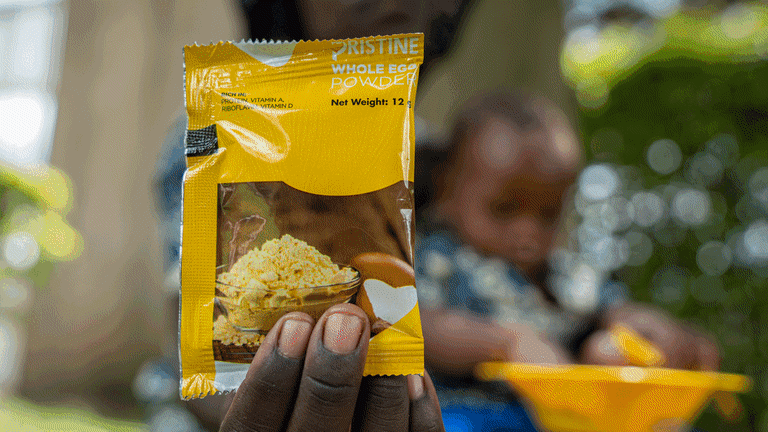
Has the development community been feeding us misconceptions on poverty? An MIT economics professor and book author has identified several such clichés he feels cloud people’s perceptions of reality.
Abhijit Banerjee, co-author of the book “Poor Economics” and Ford Foundation International Professor of Economics at MIT, says the development community often ties poverty with “hunger” and “malnutrition.” But Banerjee said income levels have nothing to do with malnutrition, and that some rich countries have higher rates of malnutrition than poor nations.
Banerjee said that for as low as 35 cents, people in poor countries can have eggs and bananas — which are nutritious and cheap. But people, rich or poor, don’t want to live on eggs and bananas alone. He said the development community has to understand that poor people do not want to just survive, they also want to live a pleasurable life. When donors or relief agencies give them food, and they don’t like it, chances are they will sell it. So donors have to think of efficient ways to encourage them to eat the food they are offering.
Another mistaken belief, according to Baneerjee, is that microcredit will lift poor people out of poverty and that poor people are “natural entrepreneurs.”
Banerjee said people in poor countries who invest in microcredit often receive a pretty low return of investments. Why? Because they invest in exactly the same industry. This is why often, neighbors have the same business, say selling tomatoes or owning a small grocery store.
In addition, he said there are more entrepreneurs in poor countries not because they want to, but because companies are not hiring them or simply because there are no available jobs for them.
Don’t agree? Let us know by leaving a comment below, or send us a note via Facebook or Twitter.
Read more development aid news online, and subscribe to The Development Newswire to receive top international development headlines from the world’s leading donors, news sources and opinion leaders — emailed to you FREE every business day.








